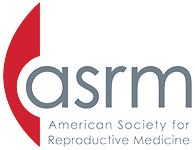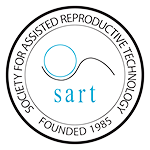Cryopreservation of eggs
This perspective is my own, but as a healthcare professional and a woman, I feel it is important to share information and increase awareness of this wonderful new technology. My experience has been with Dr. Ripps and Dr. Delaney, both fellowship-trained, board eligible/certified specialists at New Leaders In Fertility & Endocrinology, aka “NewLIFE”. As women, we are constantly busy with life, our education, career, traveling, and having fun with friends and family. At the same time, some circumstances may delay starting a family of our own. A woman may experience an illness, such as cancer, which may require chemotherapy or radiation. Also and unfortunately, despite sometimes having unrealistic perspectives offered by the media and Hollywood stars, a woman’s fertility does not last forever and gradually decreases with her age. I am grateful for the direction my life has taken and for my career, but I am 34, single, and worry that when I desire to have children, I may not be able to. What can women do? Egg Cryopreservation technology is available to stimulate many eggs to grow and be retrieved for cryopreservation. Once frozen, eggs are stored for later use.
There are many reasons that a woman should consider egg cryopreservation;
1) Expecting to delay having children until her mid-late 30’s or older
2) A cancer requiring chemotherapy/radiation, that may reduce a woman’s egg number
3) Female family members experiencing early menopause (before age 45)
4) Having been diagnosed with an advanced stage or aggressive endometriosis
5) Repeated ovarian surgeries for cysts and tumors
The technology to safely freeze eggs has advanced rapidly.
Now, older women who need younger eggs use frozen donors’ eggs. Those donors are usually in their mid-20’s, so the egg quality is excellent. Women, such as myself, can expect some decrease in egg quality, so earlier is better when considering egg cryopreservation. Years after egg freezing, I can attempt to conceive first, and may not even need the eggs. My experience with egg freezing has been wonderful and very easy: an initial consultation to discuss options, testing to decide how to proceed, a follow up discussion, and when ready, a 10-day course of fertility medications, ending in a 5 minute egg retrieval in the office. I was back to work the next day! My eggs have been frozen and stored for later use. The process is NOT complicated, and compared to other places and other medical procedures, egg cryopreservation is NOT expensive at NewLIFE in Pensacola. I hope by sharing this, I have helped to expand understanding about this helpful new technology. I still hope to find “Mr. Right” but if not, I now have a “back up” plan, just for me!
LP





